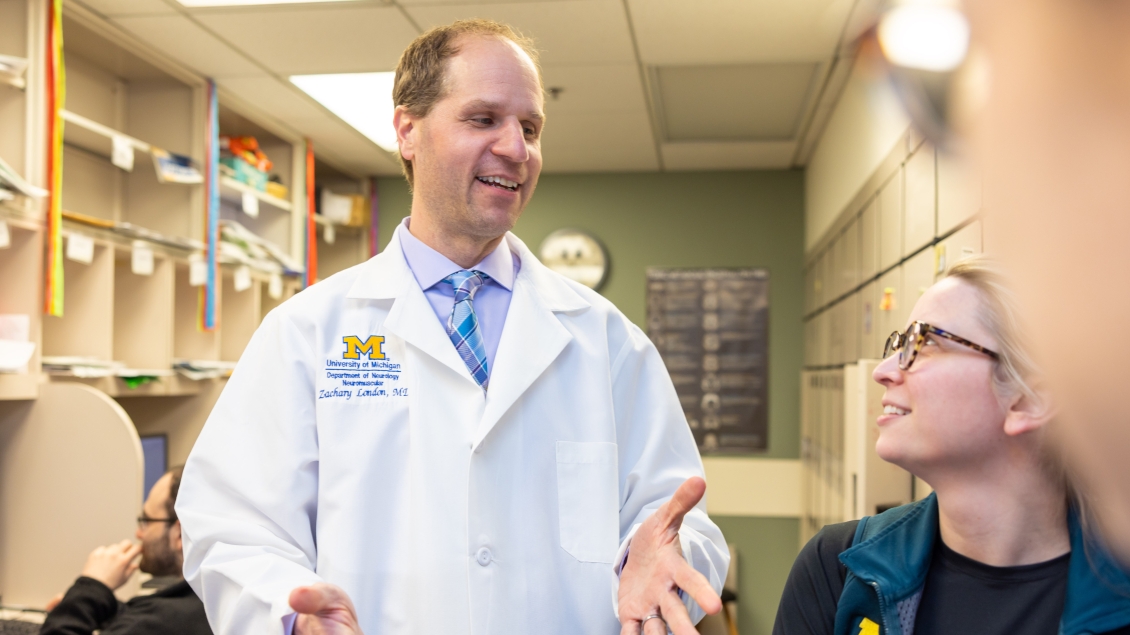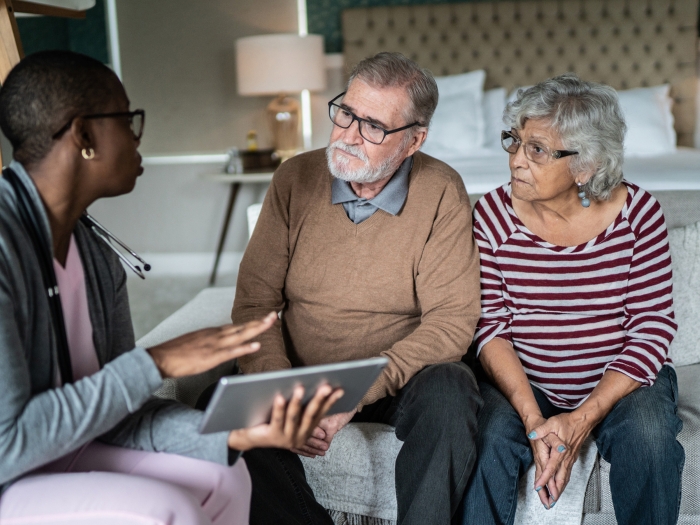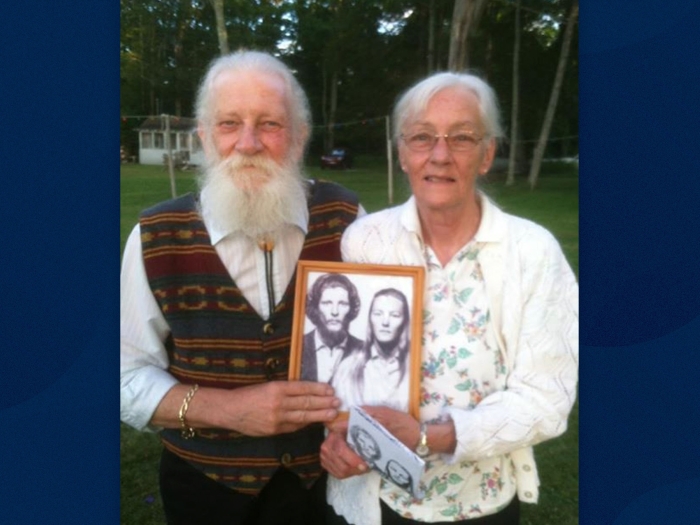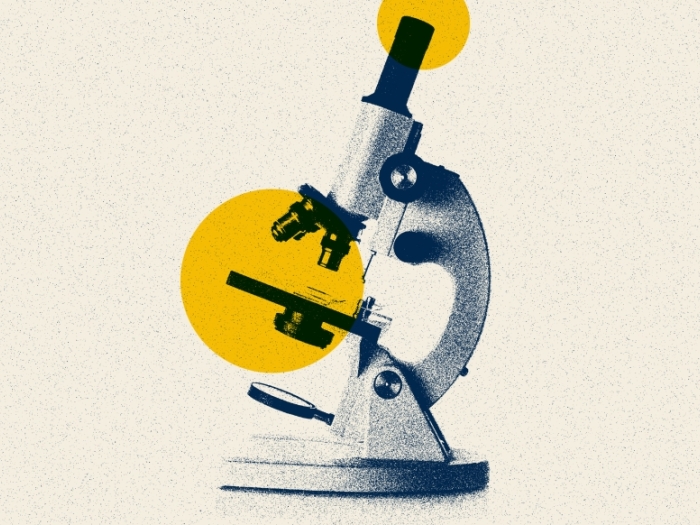
Advancing Neurological Treatment & Care
Discover our journey to becoming the neurological cornerstone of Michigan and our focus on a more equitable and wellness-focused tomorrow.
Our Mission
We aim to provide outstanding care for patients with diseases affecting the nervous system, advance understanding and treatment of these conditions through research and other scholarly work, and educate the next generation of physicians and scientists in the field.
Supporting, Promoting and Growing Diversity, Equity and Inclusion
Our department is committed to promoting inclusion, diversity, and cultural sensitivity within our program and our community. This important work happens within five sub-committees, focused on change within our department and in the many communities we serve. Together, we organize outreach in underserved communities, provide neurological care to patients with limited access to health services, perform important DEI research, host trainings and discussions, focus on diverse recruitment, and more.
Explore our work in Diversity & Inclusion
Focusing on Wellness
In tandem with the university's commitment to wellness, our department’s wellness committee is working to provide education and initiatives that support healthy lifestyle choices. Specifically, we are focused on strengthening our sense of community, fostering positivity, prioritizing self-care and providing important resources specific to the challenges of our department and field.
Resources and information for current Neurology learners and faculty.
As one of the first neurology departments in the country, we are proud to call the University of Michigan home. We hope you will join us in building our legacy.
Turn back time and explore the 100+ year history of our department, from the very beginnings of Neurology studies to the comprehensive organization we represent today. Beginning in 1888, read the details of how the department has evolved with the discipline, including the notable breakthroughs and people along the way.





